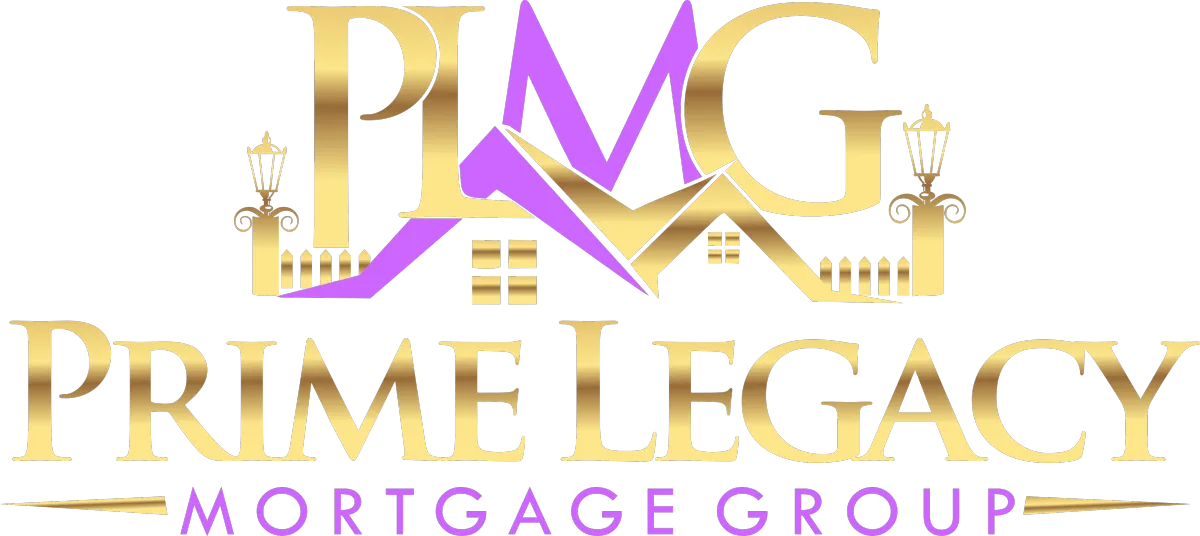MORTGAGE BASICS
Closing Cost
A closing cost is a payment required to finalize a home loan and is separate from a down-payment. Read about closing cost, their purpose, how you can pay them and more by clicking learn more below.

What happens at Closing?
"Closing" is the last step of buying and financing a home and when the property is officially transferred from the seller to you. At Closing you and all the other parties in the mortgage loan transaction sign the necessary documents.
Your Closing may include some or all of these entities: real estate agents, your attorney, the seller's attorney, lender's representative, title and escrow firm representatives, clerks, secretaries, and other staff. Closing can take anywhere from 1-hour to several depending on contingency clauses in the purchase offer, or any escrow instructions needing to be executed.
Most paperwork in closing or settlement is done by attorneys and real estate professionals. You may or may not be involved in some of the closing activities; it depends on who you are working with.
Prior to closing you should have a final inspection, or "walk-through" to insure requested repairs were performed, and items agreed to remain with the house are there such as drapes, lighting fixtures, etc.
In most states the settlement is completed by a title or escrow firm in which you forward all materials and information plus the appropriate cashier's checks or bank wire so the firm can make the necessary disbursement. Your representative will deliver the check to the seller, and then give the keys to you.
Statutory Closing Costs
These are expenses you have to pay to state and local agencies, even if you paid cash for the house and didn't need a mortgage:
Transfer Taxes – Required by some localities to transfer the title and deed from the seller to the buyer.
Deed Recording Fees – To pay for the County Clerk to record the deed and mortgage, and to change the property tax billing.
Pro-Rated Taxes – Property taxes may need to be split between the buyer and the seller since they are due at different times of the year. For example, if taxes are due in October and you close in August, you would owe taxes for 2-months, and the seller would owe for the other 10-months. Pro-rated taxes are usually paid based on the number of days, not months of ownership. Some lenders may require you to set up an escrow account to cover these bills. If not, you may want to set one up yourself to insure the funds are set aside for these important expenses.
State & Local Fees – Other state and local mortgage taxes and fees may apply.
Third-Party Costs
There may be expenses paid to others like agents, attorneys, inspectors or insurance firms, even if you paid cash for the property:
Attorney Fees – You may want to hire an attorney when purchasing a home. They usually charge a percentage of the selling price up to 1%, or some work on an hourly basis or for a flat fee.
Title Search Costs – Usually your attorney will perform or will arrange for the title search to ensure there are no obstacles such as liens or lawsuits regarding the property. Or you may work with a title company to verify a clear property title.
Homeowner's Insurance – Most lenders require you prepay the first year's premium for homeowners insurance, sometimes called hazard insurance, and must show proof of payment at the closing. This insures that the investment will be secured even if the property is destroyed.
Real Estate Agent's Sales Commission – The seller pays the real estate agent's commission, and if one agent lists the property and another sells it, the commission is usually split. The commission is negotiable between the seller and the agent.
Other Up-Front Expenses
The major portion of other up-front expenses is the deposit or binder you make at the time of the purchase offer, the remaining cash down payment you make at closing, or can include:
Inspections – Lenders may require inspections, and you can make your purchase offer contingent based on satisfactory completion of some other inspections such as structural, water quality tests, septic, termite, roof and radon tests. You and the seller can negotiate these inspection fees.
Owner's Title Insurance – You may want to purchase title insurance in case of unforeseen problems so you're not left owing a mortgage on property you no longer own. A thorough title search ensures a clear title.
Appraisal Fees – You may want to hire an Appraiser either before you sign a purchase offer, or after reviewing the lender's appraisal report.
Money to the Seller – You'll need to pay for items in the house you want that were not negotiated in the purchase offer such as appliances, light fixtures, drapes, lawn furniture, or fuel oil and propane left in tanks.
Moving Expenses – If you are changing jobs, your new employer may pay for your relocation, otherwise you must figure in the moving costs such as truck rentals, professional movers, cash for utility deposits like telephone, cable, electricity, etc.
Repair Expenses – In the purchase offer, you can request that the seller set up an Escrow Account to defray any costs for major cleanup, radon mitigation procedures, house painting, appliance repairs, etc. Depending on the purchase offer contract and contingency clauses, you may discover that you have expenses upon moving in.
Example: Your purchase offer contract has a clause making the purchase contingent on a satisfactory structural inspection, and it's determined that the house needs a new roof. You can negotiate to have the seller arrange for the work to be done but, this will delay the closing date. You may have to agree to a higher price for house, or to pay some of the new roof repair expenses. Or you and the seller may split the cost using estimates from a contractor of your choice, and each of you will put funds into an Escrow Account. Or, the seller may be willing to reduce the sale price of the house, but either way cash will be needed for the new roof.
Time Investment – One often overlooks major up-front costs in buying a home. The time and expenses invested in house-hunting, which can take up to 4-months, plus the time spent searching for the best mortgage for you, the right real estate agent, an attorney, and other related things that take up your valuable time.
What is RESPA?
The Real Estate Settlement Procedures Act (RESPA) contains information regarding the settlement or closing costs you are likely to face. Within 3 business days from the time of your mortgage application, your lender is required to provide you a "Loan Estimate" which is an estimate of settlement or closing costs based on their understanding of your purchase contract. This estimate will indicate how much cash you will need at closing to cover prorated taxes, first month's interest, and other settlement costs.
GET A QUICK QUOTE
About Us
We've been helping customers afford the home of their dreams for many years and we love what we do.
Company NMLS: 2133534
Personal NMLS: 65558
NMLS Consumer Access
Contact Us
